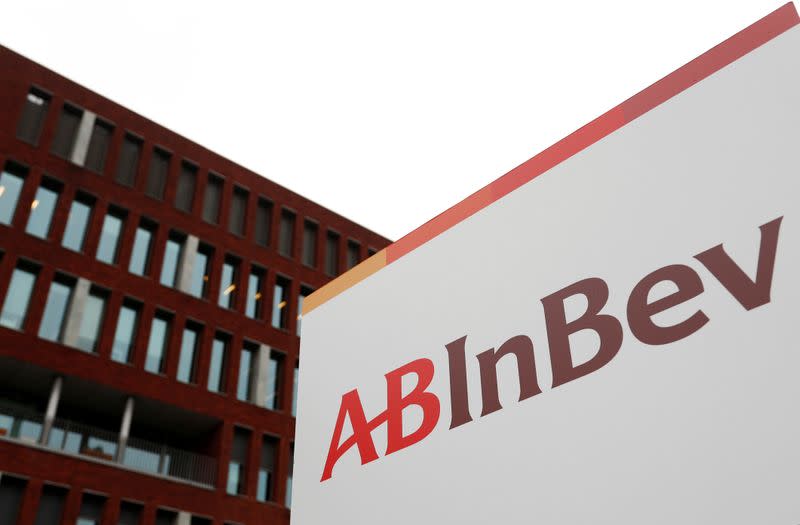Short-term funding crunch pushes European companies into bonds
By Abhinav Ramnarayan
LONDON (Reuters) - A slew of European corporate bond issues over the past week have brought some cheer to shell-shocked markets, but a key reason for the rush may be more concerning: A scant commercial paper market.
European companies issued more than 20 billion euros (17.81 billion pounds) of debt combined last week, according to one corporate bond banker, and on Monday morning Volkswagen and AB Inbev launched new issues.
While this issuance may be a positive sign that well-rated companies can get cash, it is not necessarily an indication that all is well for corporate balance sheet financing.
Five bankers and treasurers said one key bottleneck yet to be addressed is in the market for commercial paper - the short-term borrowing used widely by Europe's leading companies to fund day-to-day operations, such as paying salaries.
"Over the last two weeks, there was no way to get any commercial paper issued at all," said Volker Heischkamp, head of treasury at German energy firm Innogy SE.
While he said his company has a relatively strong position in terms of working capital, he said many treasurers are waiting to see what more the European Central Bank will do to boost this crucial market.
"A working money market is something that's very important for any developed economy to operate," he said.
Both the ECB and the U.S. Federal Reserve's newly announced stimulus programmes include the buying of commercial paper, but the details of the ECB programme are not yet clear enough to tempt back other buyers.
The impact of the ECB programme has not been felt yet, said another European corporate treasurer who preferred to remain anonymous as he is not authorised to speak to the press.
"The commercial paper market is dead. Unless liquidity returns, we will have to turn to the banks and draw down our credit facilities, and draw all the liquidity from banks," he said.
Bluebay Asset Management portfolio manager Kaspar Hense said a looming recession makes it difficult for investors to give short-term loans to companies. "Investors are reluctant to give a corporates money at 1% at a time when there is short-term risk and curves are flattening everywhere. The market is certainly under stress," he said.
BOND FLURRY
On the upside, monetary stimulus has eased the pressure on bond markets, allowing investment grade companies including Nestle, Sanofi and Heineken to tap investors.
But bankers who managed some of those debt sales say that many of the companies are issuing bonds because of the dried-up money markets.
"For corporates, the ability to burn cash has increased and the appetite for risk is much diminished, which has hit the commercial paper market badly," said a corporate bond banker who worked on some of last week's deals.
"That's a concern because it's impacting the highly rated corporates for the first time, as they use commercial paper as a fundamental tool for working capital," he added, declining to be named as he is not authorised to speak about his clients.
Of the five bond issuers from last week contacted by Reuters, Nestle said that they had not experienced "significant difficulties" in accessing commercial paper markets and that their bond issue was a long-standing plan.
Others either declined to comment or were not immediately available to speak.
U.S. commercial paper rates, widely used and referenced in the European market as well, are seeing their spread over benchmarks balloon out alarmingly, despite measures taken by the Federal Reserve.
The three-month commercial paper rate in the United States <US3MCPAB=> has seen its spread over three-month Treasury bills <US3MT=RR> go from 10 basis points at the start of March to 160 basis points.
GRAPHIC: Ballooning spreads on commercial paper rates - https://fingfx.thomsonreuters.com/gfx/mkt/rlgpdwqkvoj/commercial%20paper%20rates.png
(Reporting by Abhinav Ramnarayan; Editing by Hugh Lawson)



